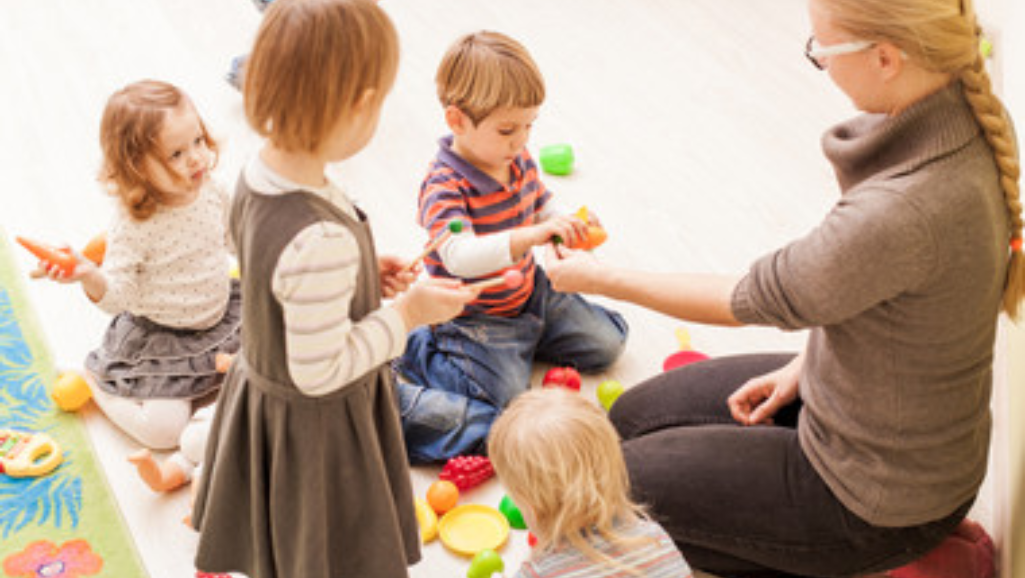By the end of kindergarten, your child should have a solid foundation in reading, writing, and math skills, while also developing socially. But what exactly should they know? In this article, we’ll break it down for you, offering tips and resources to help you navigate this important milestone. From recognizing letters and numbers to forming sentences and making friends, we’ve got you covered. So let’s dive in and ensure your child is on the right track for success!
Reading Skills
By the end of kindergarten, your child should have developed basic reading skills. Phonics instruction plays a crucial role in helping your child learn to read. It focuses on teaching the relationship between sounds and letters, enabling children to decode words. Through phonics instruction, your child will learn letter-sound correspondences and blending sounds together to form words. This systematic approach to reading lays a strong foundation for your child’s reading abilities.
In addition to phonics instruction, sight word recognition is another important component of reading skills. Sight words are common words that children should recognize instantly, without having to sound them out. These words often do not follow regular phonics rules, so they need to be memorized. By the end of kindergarten, your child should be able to recognize and read a variety of sight words. This will greatly enhance their reading fluency and comprehension.
To support your child’s reading development, encourage them to practice reading aloud regularly. Provide opportunities for them to read books, signs, and labels. Engage in conversations about what they are reading to promote comprehension. Celebrate their progress and offer praise and encouragement along the way. With consistent phonics instruction and sight word recognition practice, your child will become a confident reader by the end of kindergarten.
Writing Skills
Developing strong writing skills is another important aspect of your child’s education journey in kindergarten. In order to foster their growth in this area, kindergarten classrooms focus on providing handwriting practice and encouraging creative expression through writing.
Handwriting practice is a fundamental skill that children begin to develop in kindergarten. They are taught how to hold a pencil correctly and how to form letters and numbers. By practicing their handwriting, children improve their fine motor skills and hand-eye coordination, which are essential for effective writing.
Kindergarten also provides opportunities for creative expression through writing. Children are encouraged to share their thoughts, ideas, and experiences through writing activities. They are given prompts and encouraged to write stories, letters, and even simple sentences. This not only helps them develop their writing skills but also fosters their imagination and creativity.
Through these activities, children learn to express themselves in writing, which is an important skill they will continue to refine in the later years of their education. It allows them to communicate their thoughts and ideas effectively, both in academic and personal contexts.
Math Skills
In order to foster your child’s growth in writing skills, kindergarten classrooms also focus on developing their math skills through engaging and interactive activities. Counting skills and number recognition are fundamental math skills that children learn in kindergarten.
Counting skills are essential for young learners as they provide the foundation for understanding numbers and mathematical concepts. Kindergarten teachers use a variety of tools and techniques to help children develop their counting skills. They engage students in hands-on activities, such as counting objects like blocks or toys, counting fingers, or even counting steps while walking. These activities make learning to count enjoyable and interactive, helping children develop a strong understanding of numbers and their sequence.
Number recognition is another crucial skill that children acquire in kindergarten. Teachers introduce children to numbers through games, songs, and visual aids. They use flashcards, number charts, and manipulatives to help children recognize and identify numbers. Through these activities, children learn to associate symbols with quantities, enabling them to recognize and understand numbers when they see them.
Social Development
You should encourage your child to develop strong social skills by engaging with their peers and participating in group activities. Social development plays a crucial role in your child’s overall growth and well-being. Here are some key aspects to focus on:
- Emotional intelligence: Help your child understand and manage their own emotions, as well as recognize and empathize with the emotions of others. Encourage open communication and teach them how to express their feelings appropriately.
- Problem-solving skills: Teach your child the importance of finding solutions to conflicts and challenges. Encourage them to think critically, consider different perspectives, and work collaboratively with others to find resolutions.
- Sharing and taking turns: Teach your child the value of sharing and taking turns. Engage them in activities that require sharing, such as playing with toys or taking part in group games. This will help them develop cooperation and patience.
- Active listening: Encourage your child to actively listen when others speak. Teach them the importance of paying attention, maintaining eye contact, and responding appropriately. This skill will help them build stronger relationships and understand others better.
- Respecting boundaries: Teach your child to respect personal space and boundaries. Help them understand the importance of consent and encourage them to ask for permission before touching or using someone else’s belongings.
Tips and Resources
To further support your child’s social development, here are some helpful tips and resources. As a parent, you play a crucial role in nurturing your child’s social skills. Encourage them to engage in cooperative play and interact with other children. This can be done through playdates, joining community programs, or enrolling them in extracurricular activities like sports or art classes. Engaging in these activities will help your child develop important social skills such as sharing, taking turns, and problem-solving.
In addition to these tips, reading books together can also enhance your child’s social development. Reading aloud to your child not only improves their language and literacy skills but also exposes them to different social situations and emotions. Choose books that depict characters facing social challenges or books that teach empathy and kindness. Some recommended books include “The Rainbow Fish” by Marcus Pfister, “A Sick Day for Amos McGee” by Philip C. Stead, and “The Invisible Boy” by Trudy Ludwig.




